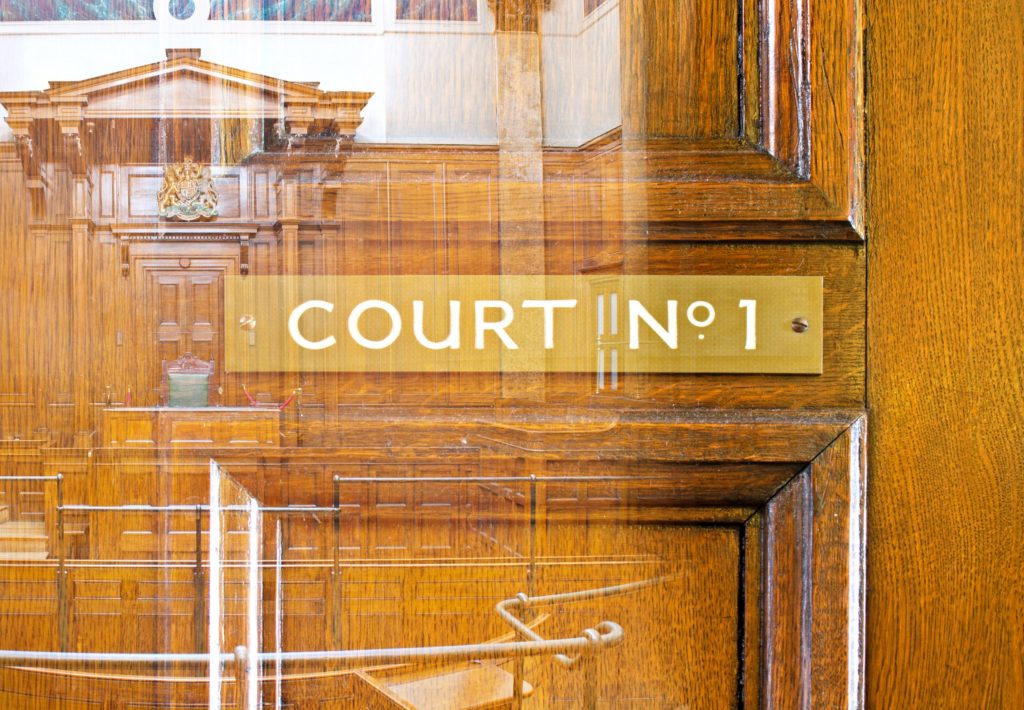Trethowans act for Claimants and Defendants in most serious personal injury cases (except for asbestos cases, where we will only ever act for Claimants and their families).
John Hall, an experienced asbestos lawyer, Partner and Head of Personal Injury on the Claimant side considers the move towards collaborative working since the beginning of the current public health emergency.
As mentioned in our last article on this subject which can be read here , the Association of British Insurers and Thompsons, the trade union law firm, have agreed an extension of the Personal Injury Protocol regarding limitation.
The wording of the ABI & Thompsons protocol is as follows:
A protocol is agreed and immediately put into effect. This will involve, for a minimum of 4 weeks (until the 20th of April) with a joint review in the week commencing the 13th of April, the following:
- An agreement that all limitation dates in all personal injury cases are frozen and claimants undertake to respond constructively to defendant requests for extension of time to serve a Defence;
- An escalation process whereby any issue arising by a party’s failure to act in accordance with the agreement in 1. above and which cannot immediately be resolved between the parties is referred to an email and/or telephone ‘hotline’ specifically established for this situation; and
- A commitment that the email and telephone hotline will be monitored regularly and referred to senior people within the respective organisations who will be able to make a swift decision as to whether the stance being taken should be adjusted in light of prevailing circumstances.
My team of Claimant personal injury lawyers has signed up to this protocol.
Following this work, on 1 April 2020 the organisation that represents Claimant lawyers, APIL, and the Defendant counterpart, FOIL, agreed guidance for best practice regarding collaborative working, stressing the need for good communication. The guidance provides guidance to firms on both sides of personal injury cases on important case management issues, including:
- Telephone calls/Email
- Service by email, including new proceedings
- Service of ongoing proceedings
- Medical examinations
- Exchange of evidence
- Extensions of time
- Remote hearings
- Adjournments
- Interim payments
- BACS payments
- Costs budgeting
- Limitation (endorsing the ABI & Thompsons protocol)
We always work collaboratively at Trethowans, but in recent days this has become more and more obvious. Here are a few examples:
- The firm of costs draftspeople I use in my work, R Costings Limited, has already taken part in the Costs Budgeting element of three separate CCMC hearings in the Royal Courts of Justice by telephone now that the Masters there have moved largely to remote working.
- In one of my mesothelioma cases, inherited from another firm of solicitors, the assigned Master, also working at home, was able to arrange the removal of a three day trial, following my client’s death, and liaise with Queens Bench Listings, my opponent and I, almost in real time. The Master also approved and arranged sealing of amended directions, without the need for a hearing or e-filing.
- One of the major rehabilitation companies we work with is all set up remotely and working from home. Their experts are conducting skype calls and, where necessary, plan to follow them up with addendum face to face meetings when the lock down is lifted. They have purchased a number of tablets and, where necessary, will send them to our clients for use in the skype call, where they might not otherwise have that technology.
Things might be slower in the County Courts where the Ministry of Justice has issued guidance on restricted working, as follows:
- HM Courts & Tribunal Service has split civil court listings into two groups: work that must be done and work that could be done. The update is the first acknowledgment that some types of work may have to be put on the back-burner while the system adjusts to fewer court buildings being open and hearings carried out remotely. The intention is to hear as many of the second group as possible, but only where the first group work has been completed.
- Cases treated as less of a priority include applications for interim payments in personal injury and clinical negligence claims and stage three assessment of damages. In addition, the lesser priority group includes all small claim or fast track trials where parties agree it is urgent.
- Applications for summary judgment, to set aside a judgment in default and for security for costs are also work that does not have to be done as a priority, along with provisional assessment of costs (although R Costings Limited tell me that this work is still progressing as it can be easily conducted by Masters and District Judges working at home).
- Work that must be done includes committals, freezing orders, injunctions, homelessness applications and all multi-track hearings where parties agree it is urgent.
Notwithstanding the pressures imposed by the current public health emergency it is really encouraging that all of the people involved in our cases are pulling together to ensure that access to justice in personal injury cases is maintained and cases progressed as quickly as possible.
For more information please call us on 0800 2800 421
